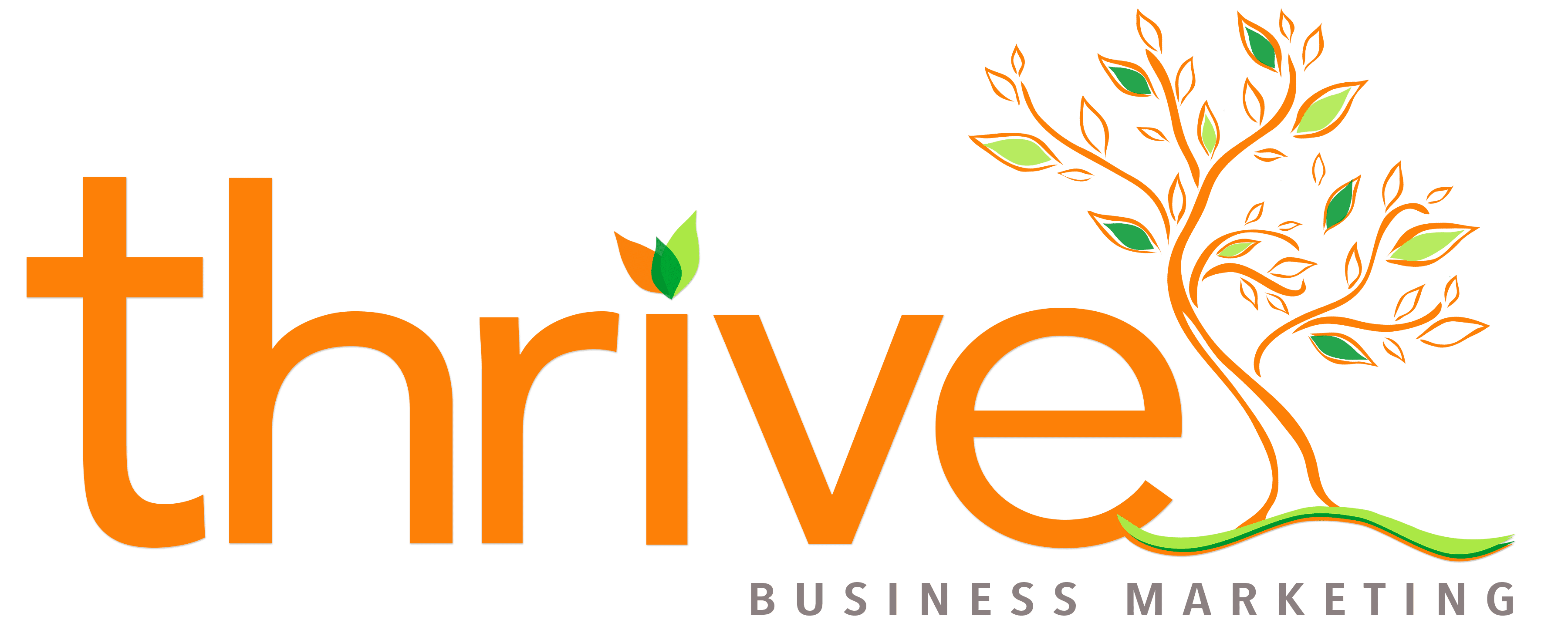 The European Union’s debated Copyright Directive is ready to become law. There has been an agreement on the final language of the Directive, and all that is required now is the formal European Parliament and member-state approval, which is expected to happen.
The European Union’s debated Copyright Directive is ready to become law. There has been an agreement on the final language of the Directive, and all that is required now is the formal European Parliament and member-state approval, which is expected to happen.
The idea behind the Directive is that it will govern copyright rules across Europe. It is intended to create “a single digital market” and compensate content creators for their work. There are a number of large European publishers that are praising the Directive, but free-speech advocates and smaller digital publishers are criticizing it, since they feel it will result in outcomes for consumers and will have unintended consequences.
Articles 11 and 13, the two most controversial provisions of the Directive, managed to survive the final version.
Article 11 will require search engines and news aggregators to pay licensing fees when snippets of content are presented on their sites. but, if the snippit is “accompanied by individual words,” it can be shared without a licensing agreement.
Article 13 requires platforms such as Facebook and YouTube to monitor content uploads and filter material that could possibly be infringe on copyright before it’s published online. There are concerns about the effectiveness and accuracy of such filters and potential censorship implications.
This law will even create new liability companies that violate the rules. Tech companies will be insulted from any liability for the copyright infringements of their users.
Last month Google ran a SERP experiment “to understand what the impact of the proposed EU Copyright Directive would be to our users and publisher partners.” News search results were presented with links, but the links had little to no descriptive text or images. According to Google, it said that “all versions of the experiment resulted in substantial traffic loss to news publishers.”
Previously, Google had said that if the Directive becomes law, they would possibly close Google News in Europe, just like when they did it in Spain in response to similarly restrictive copyright rules. But, one of Google’s requested changes is apparently included in the final language according to Bloomberg, which allows publishers to waive licensing fee rights.
The new rules are a kind of “GDPR for copyright.” These rules could cause a significant disruption in the way large internet companies handle content, and user-generated content would be affected in particular. The final vote of the European Parliament is expected to take place next month or in April.
If this law does get passed, there could be dramatic changes in the presentation of search results and organic content. There will have to be new processes that will need to be established for licensing agreements, as well to demonstrate copyright ownership. This could slow down the implantation of organic and even paid media campaigns in certain cases.
Google’s ranking algorithm, which relies on links, could be impacted as well. According to the final language, simple links aren’t going to be “taxed,” but it could be possible that that uncertainty created by the law in the near term could impact marketer’s linking strategies.

